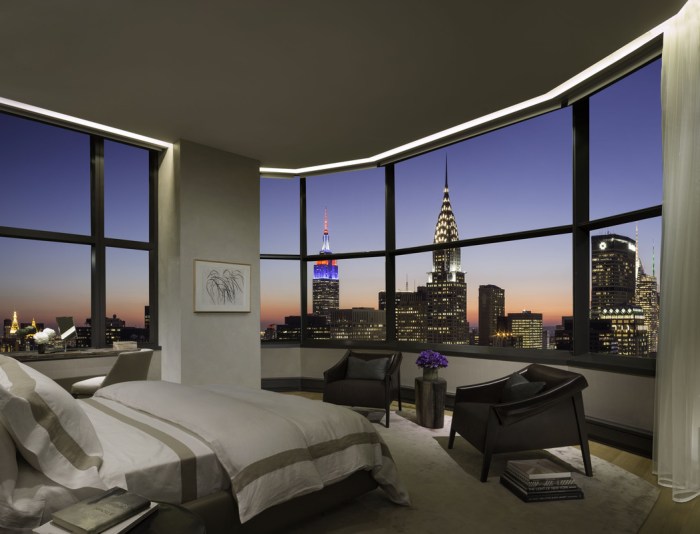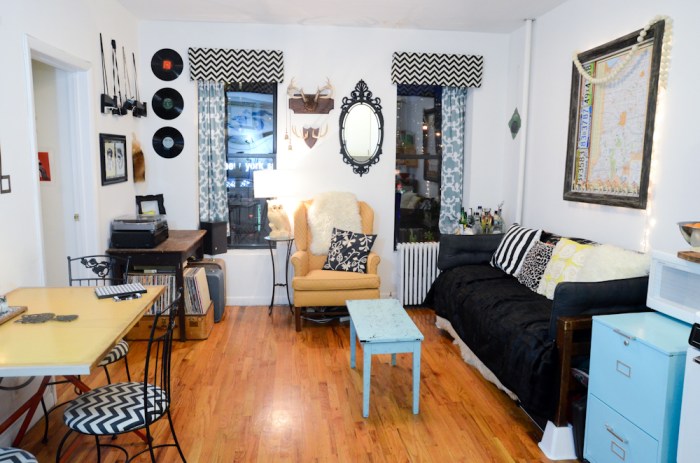The Bronx may no longer be burning, but its real estate prices are starting to heat up.
Rising rents in some Bronx neighborhoods are outpacing boroughwide increases in Manhattan and Brooklyn, despite the borough being home to some of the nation’s most impoverished communities.
Median rents for one-bedroom apartments in Mott Haven, the Grand Concourse and Hunts Point have all risen by at least a third since 2013, according to data provided by NeighborhoodX, a real estate analytics startup. Topping the list is Mott Haven, at the southern tip of the Bronx, where upscale development and renovations rocketed rents 47 percent from $1,200 to $1,700 in a neighborhood that is largely tenements and city housing projects, with three historic districts. In contrast over the same period, median rents for a one-bedroom in Brooklyn increased by 11 percent from $2,473 to $2,746, while in Manhattan they rose 5 percent from $3,250 to $3,412, according to data provided byMiller Samuel, a real estate appraisal and consulting firm which does work for Douglas Elliman Real Estate. The Bronx is affected by the same factors that have pushed rents up in Brooklyn and Queens, proximity to Manhattan, said Constantine Valhouli, co-founder of NeighborhoodX. But the Bronx still has relative bargains compared to neighborhoods in those other boroughs, he said. For instance, median one-bedroom rents in Morris Heights average $1,250; in Melrose, $1,300; and in University Heights, $1,500. A look at rents in Brooklyn and Queens shows the median rent in Greenpoint at $2,700, while more distant Bay Ridge and Flushing come in at $1,800, according to NeighborhoodX. The same forces that are making the Bronx attractive to renters with more money are also attracting developers. New buildings and the conversion of old residential and industrial space is playing a significant role in some of the neighborhood rent hikes, Valhouli said. Rising rents are putting a squeeze on some tenants, leading to evictions, said Nancy Biberman, founder and president ofWHEDco, a nonprofit working to improve housing, education and the quality of life for South Bronx residents. “There are lots of situations where owners try to evict people because they want to get higher rents from somebody else,” Biberman said. Substantial rent increases are possible even in rent-stabilized apartments when landlords make significant improvements. Evictions take two forms, failure to pay rent and the increasingly common landlord complaint that tenants are violating terms of their leases, she said.
“The landlord says ‘I want you out,’” Biberman said. “You shouldn’t be living here. It’s not really your apartment; it’s your mother’s — even though the law has substantial rights that accrue to family members if the original tenant is no longer there.” While these market forces are not likely to disappear, Biberman hoped they could be slowed, allowing more lower-income tenants to remain. The key to that, she said, is better representation of poor tenants in housing court to prevent illegitimate evictions and the construction of new affordable housing such as is being done by nonprofit organization, including WHEDco.


















